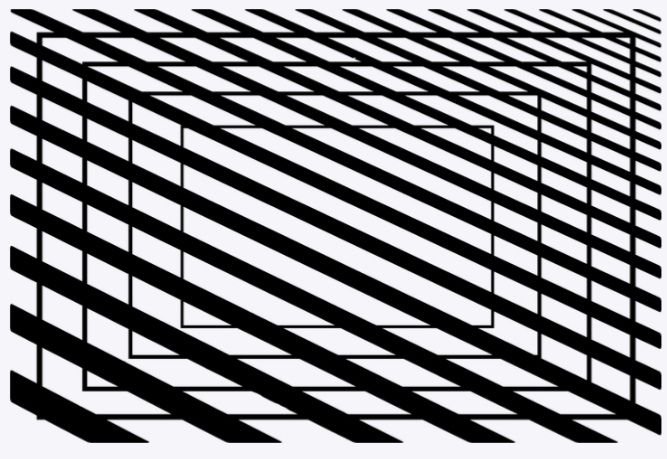Shaikh Salih al-Fawzan was asked regarding women wearing extremely tight clothes, or open clothing that reveals large areas of the chest and arms, he replied:
“What is required from a woman is modesty and shyness, and that she is a good example for her sisters from the women, and that she should not reveal among women other than that which practising muslimaat [muslim sisters] are accustomed to uncovering among themselves. This is more deserving and encompassing, since leniency in uncovering that which there is no need to uncover may lead to [further] lenience which [eventually] leads to impermissible uncovering, Allahu ‘alam”.
Shaikh Salih al-Fawzan was also asked regarding women wearing tight clothing in the presence of other women only, he replied:
“No doubt that a women wearing something tight which highlights her body areas [bosom etc] is not permissible, it is not permissible except in front of her husband only. As for in the presence of others besides her husband then it is not permissible, even if it was in the presence of women only. Since then she will be a bad example for others if they see her wearing such [tight] clothes, and they will emulate her.
Additionally, she [the woman] is commanded to cover her ‘aura with ample and covering clothing from everyone, except her husband, she should cover her ‘aura from other women as she covers from men – except for that which is customarily accepted to uncover for women among women, such as the face, the hands, the feet, that which there is a need to uncover.”
[فتاوى المرأة المسلمة ص437 – 438]
Shaikh al-‘Uthaymeen was asked upon the ruling of women wearing short clothing in front of other women, he replied:
“It is not permissible for a woman to wear short clothes except if she was in her home and no-one was there other than her husband. As for in front of other people then it is not permissible for her to wear short or tight clothes, or transparent [thin, see-through materials] whereby it displays that which is behind it [the skin and body].”
[مجموع الفتاوى والرسائل م12]
Shaikh al-‘Uthaymeen was also asked regarding women wearing tight clothes in front of other women only, he replied:
“A woman wearing tight clothes that highlight the intimate areas [bosom etc] and make apparent that which has fitnah within it is impermissible…[later continued to say]…the tight clothing is not permissible in front of her mahaarim [any of those who are her mahram from the men] nor in front of the women if it is extremely tight making apparent her initimate areas.”
[فتاوى المرأة المسلمة ص417 – 418]
Indeed the women of the believers [sahaabiyyaat] were at the pinnacle of purity and chastity, modesty and shyness through the blessing of eemaan in Allah and His messenger and in the Qur’an and Sunnah. The women of that time wore covering clothing, and it was known from them that they would not uncover in front of their mahaarim or other women [other than the habitual areas such as the face, hands, feet and such], and this practice continued within the women of Islam generation after generation until recently when corruption in regards to clothing and mannerisms entered into the women.
We advise the women to have characteristics of shyness and modesty which is a branch of Eemaan itself, and from that modesty – Islamically speaking and customarily – is the woman covering herself and removing herself from any situation of fitnah. So what is upon the women is to abide by that which the Mothers of the Believers and the women of the companions were upon in terms of modesty and shyness.
[Paraphrased from speech of the Permanent Committe of Scholars].
Shaikh al-Albany stated regarding this subject, “The areas of wudu [head/face/neck, hands/forearms, feet], these are the areas of beautification that a women may make apparent in front of her muslim sister”.
[شريط تحية المسجد – الهجرة – عورة المرأة أمام النساء…السلسلة 641]
@AbuMuadhTaqweem












